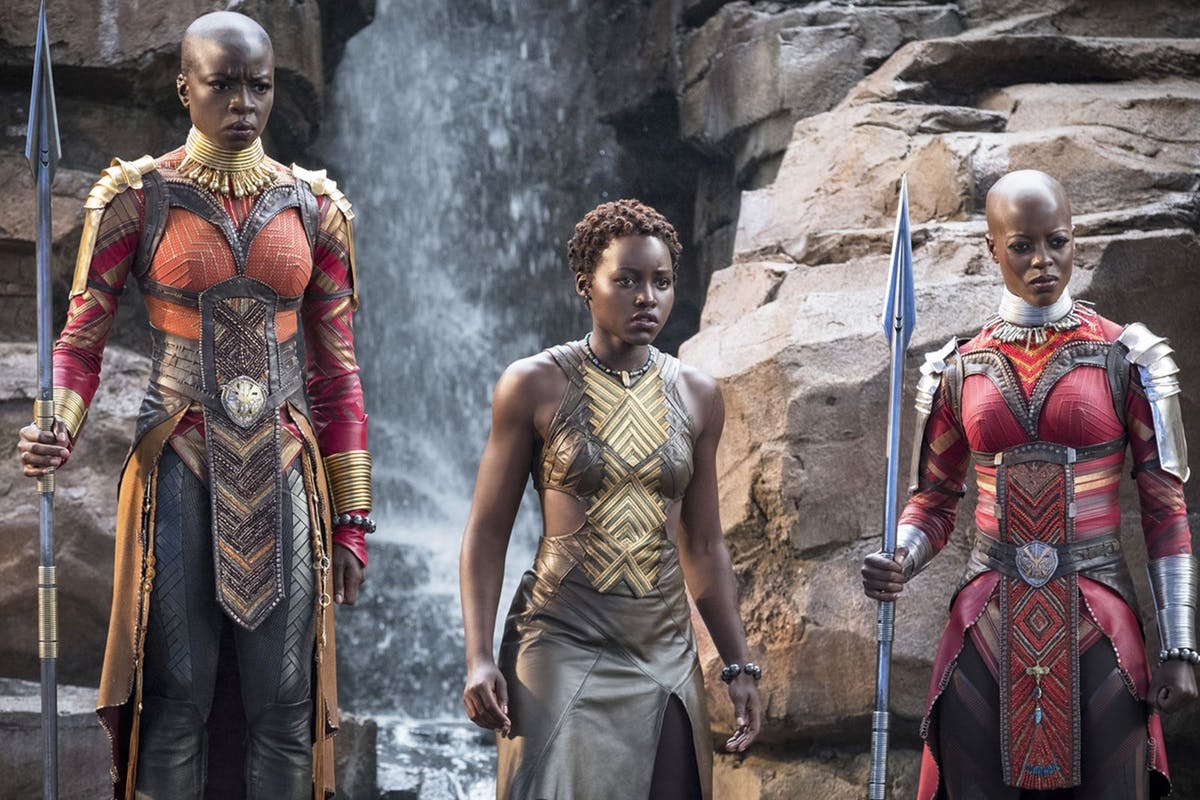There is no denying that the Marvel Cinematic Universe is a juggernaut of a conglomerate – seemingly percolating into every part of society – film, television, video games, comics and merchandise. Even if you are not a fan, there is a high likelihood you could name an Avenger. But one issue the titan faces is that, across its twenty-three films, only one of those has had a Black actor take top billing.
Marvel’s nearly decade long success is an inclusivity nightmare. Only one film has billed a Black actor at the top of the list. Many Black characters such as Don Cheadle’s War Machine and Anthony Mackie’s Falcon have been relegated to side-characters, who suffer from lack of character development and feel tokenistic in their presence on screen. Anthony Mackie’s Falcon even said in Captain America, ‘don’t look at me, I do what he does, just slower. 69% of all actors in the MCU are white, this is staggeringly disproportionate in its representation of cinema and the diversity within society.
Anthony Mackie recently called out Marvel, in light of the Black Lives Matter movement, and was asked to comment on Marvel’s seemingly white-washing of comic book heroes. His response noted that Marvel, like many companies, suffers from an ‘unawareness problem rather than a racist problem.’ This shows that like many companies in the world right now Marvel is facing a reckoning with systemic racism within the film industry and that by not facing up to it before and following the status quo- it has wrought itself a huge cross to bear. Mackie, in a further interview, condemned Marvel for not only it’s lack of representation on screen but also behind. He decried Marvel’s hypocrisy for hiring ‘Black people for the Black movie’ whereas on the other seven Marvel films Mackie has worked on the crew has predominantly white. The fact that 90.7% of all Marvel’s directors have been white, shows there is a lack of diverse voices telling stories, limiting the scope of diversity that can ultimately be seen on-screen.
Flashback to 2018 when Black Panther was released. It was undoubtedly a reckoning and, perhaps, a risk for the thus far white-led film sphere. Having a Black superhero take the centre stage, with a strong accent, a predominantly Black cast (there was only two white actors who made the billing) was the MCU’s biggest risk to date. It has emerged that despite Kevin Feige (the head of the MCU) vehement protestation that he does not want Marvel to feel like it has ‘a completely white, European cast’ it has been revealed the late Chadwick Boseman fought ardently to have The King of Wakanda- a fictitious country in Africa- speaks with a heavy accent. Marvel representatives when in talks with Boseman regarding the traits and presentation of T’Challa wanted him to speak with an American or European accent, fearing it would be ‘too much for an audience to take’. This is staggering that a company that is practically a cornerstone of society, is still fearful of presenting powerful black characters, in fear that audiences will reject the film. As it happens Black Panther became a critical and a box office success, becoming the twelfth highest-grossing film in history and allowing Marvel to enter an arena it had thus far been vacant from- the prestige of awards season. It achieved the prestige of being nominated for Best Picture at 2018 Oscars; was nominated for an additional five awards and won three.
The success of Black Panther has encouraged Marvel to take more risks and diversify into a wider and more inclusive representative of society in the casting of its heroes. At the 2019 San Diego Comic-Con, Hall H was filled to the rafters with Marvel fans eagerly awaiting the revealing of the new line up of heroes, filling our screens for the next ten years in Phases Four and Five. The Avengers seem to have been replaced by The Eternals, a superhero hero team, made up of Black, Brown, Asian, and white actors. Black Panther II was announced- although following Boseman’s death it is uncertain whether that will happen. Blade, starring two time Academy Award- winner Mahershala Ali in the titular role was also a huge and exciting reveal for the studio.
These next phases for Marvel are crucial- it was behind in its first three phases, but sought to correct that in it’s next two at a time before the world was called into action to dismantle systemic racism. This shows that Marvel conceded to the criticism that it was predominantly white and sought to fix it. Let us hope then that the film industry giant can be a leading example in showing how simple it is to be more inclusive, by simply opening the door and allowing diversity to enter.
Photo Credit: Stylist

